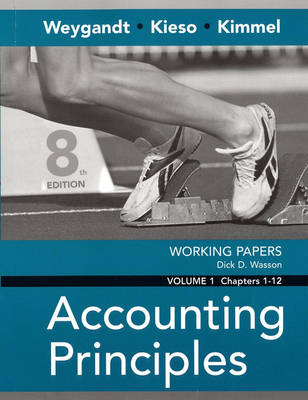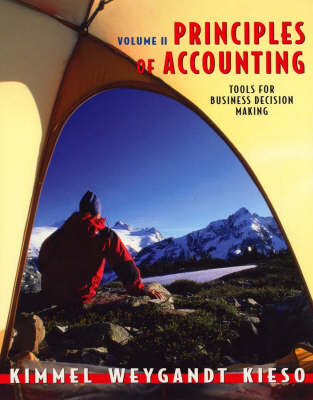Wiley Plus Products
2 primary works • 16 total works
Book 198
Book 199
(wcs)Financial Account W/Ar, Egrade Plus, Working Papers, Take Action CD and Study Tips Set
by Paul D Kimmel
Accounting Principles
by Jerry J Weygandt, Donald E Kieso, Paul D Kimmel, and Dick D. Wasson
(WPIS) Accounting Principles, Third Canadian Edition High School Edition
by Jerry J Weygandt, Donald E Kieso, Paul D Kimmel, and Barbara Trenholm
WileyPLUS Stand-Alone to Accompany Managerial Accounting
by Jerry J Weygandt, Donald E Kieso, and Paul D Kimmel
Keep track of how you're doing An Assignment area keeps all your course work in one location, making it easy for you to stay on task. A Personal Gradebook allows you to view your results from past assignments at any time.
Wileyplus Blackboard Standalone to Accpompany Accounting Building Business Skills 4e
by Shirley Carlon and Paul D Kimmel
WileyPLUS Stand-alone to Accompany Accounting Principles
by Jerry J Weygandt, Donald E Kieso, and Paul D Kimmel



